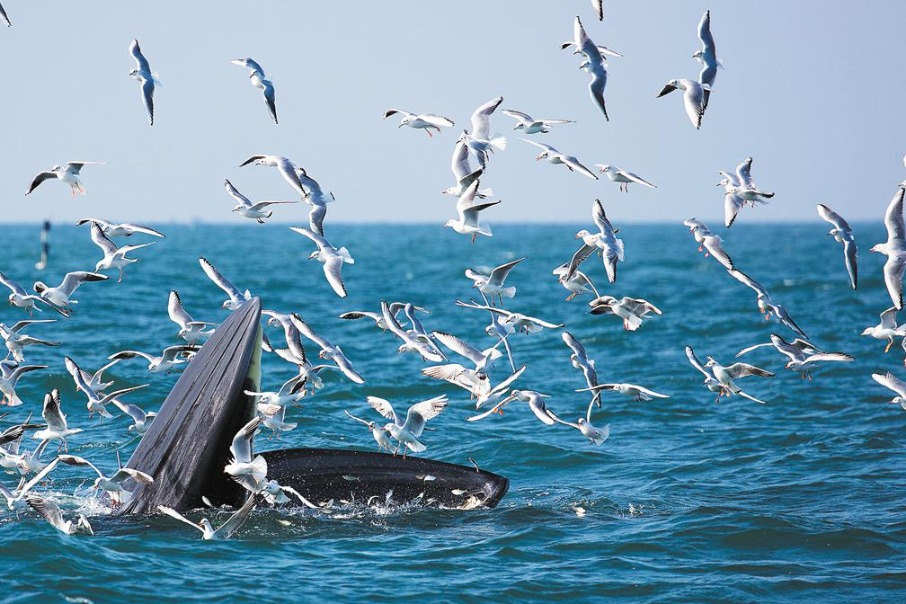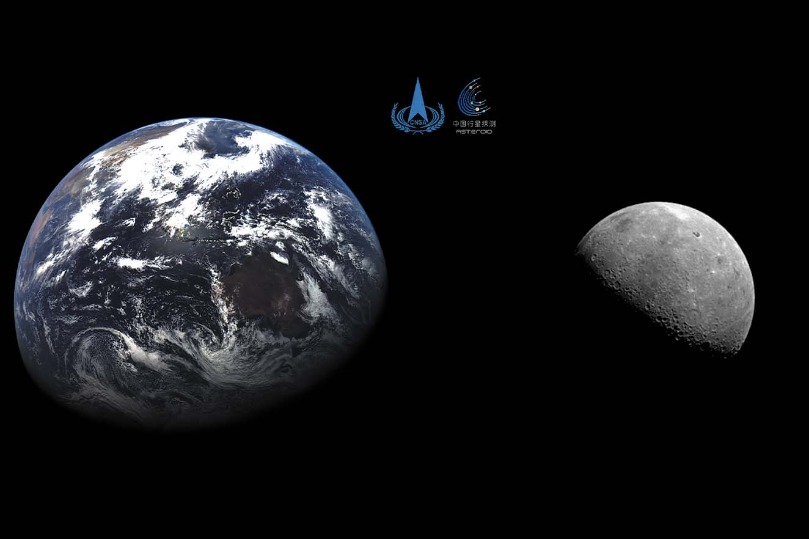Ready for takeoff

Increased engagement with BRICS nations will boost African development
There is little doubt that South Africa as host country of the upcoming summit of the BRICS countries to be held in Durban March 26-27, will grasp the opportunity to project itself as an emerging economy and take pride in its association with this prestigious club.
Big international events like this provide a strategic platform to boost the country's international image, and the summit will be a shiny affair. It has already been reported that hosting the summit will cost the city's ratepayers an estimated 10 million rand ($1 million). These costs will include banners, flags and branding material to impress visitors to the city.
South African minister of international relations and cooperation Maite Nkoana-Mashabane, under whose tenure the country joined the BRICS group, feels that South Africa's membership of BRICS is a foundation not only for its own growth, but also for economic regeneration of the continent as a whole.
But despite what is an obvious opportunity for South Africa to bask in the glory of its partners in an economic alignment that signals major shifts in geopolitical power, its membership of the BRICS club, and the BRICS alignment itself, is not without controversy. Critics have pointed to the fact that South Africa's economy is tiny in comparison with other BRICS partners, especially that of China.
Despite being the economic leader on the continent, some argue that nations like Mexico, South Korea, Turkey and Indonesia are more deserving of a place in the alignment than South Africa. Furthermore, the huge internal inequalities in South Africa militate against a hasty celebration of its economic growth path and sustainability, and for some experts the BRICS summit will be unlikely to provide any tangible outcomes in this regard.
The BRICS alignment itself has also been viewed with skepticism. Critics point to the disparities in economic size and growth between the partners, the differences in their economic systems, and the frictions within this group that may be masked by the grouping together in a "catchy acronym" of emerging states, but may be likely to increase rather than go away.
For Africa, however, the BRICS alignment may have far-reaching implications. Ian Taylor, an international relations expert and professor at St Andrews University in Scotland, says in a recent paper that the interaction of the BRICS countries with Africa is likely to be a "major aspect of the continent's international relations for the foreseeable future".
This interaction, Taylor warns, may free Africa from older, post-colonial relationships with Europe and the United States, but if appropriate development policies are not developed, the continent's dependency on external powers may just be diversified rather than improved.
Already we can see how this increased interaction between Africa and its different BRICS partners is playing out in the media sector. Recent studies of media content in South Africa have shown a preference for India and China when it comes to coverage of BRICS countries, with China dominating coverage. This may be because the relationship between Africa and China has not only been the one with the most impact (China being the biggest country trade partner of Africa) but also a controversial one. The motives behind China's involvement on the continent have been questioned - for instance, whether the investment should be seen as a new form of cultural imperialism or exercise in "soft power" - and the extent to which it will influence domestic and foreign policy in its beneficiary countries.
Content analyses of media coverage over recent years have shown that the South African media has a cautiously optimistic attitude toward China's involvement. Although xenophobic and simplistic stories denouncing Chinese investment still appear, leading to debate, coverage on the whole is relatively balanced.
Some observers have argued that China's increased media presence in Africa may be seen as a way to influence opinion on the continent and present a positive image of China to counteract negative stereotyping and fear-mongering in African media.
Findings from a recent questionnaire sent to senior journalists and editors at influential South African media (including major newspapers like Business Day, Mail & Guardian, The Star, New Age and City Press) suggest a similar cautiously optimistic view of the BRICS alignment. Most editors think that South Africa's inclusion in the BRICS alignment is a positive development, as it gives the country a seat at the "big table" of emerging powers.
Asked which of the countries in the BRICS group are the most important to cover, editors show a clear preference for China, with some highlighting Brazil and India as well.
On the whole, the relationship between South Africa and China is viewed circumspectly by editors.
Several editors report that their view of China has changed over time. One response captures this neatly: "My views have changed from suspicion to seeing China as a pragmatic actor working in different ways with better results and growing its economy. I don't think China is trying to colonize Africa. China needs Africa. (It is a) multi-facetted country (that has) changed a lot in last 20 years and holds lessons... (It) has self-interest at heart. (But) South Africa has to do the same."
Asked what aspects of the relationship between South Africa and its BRICS counterparts would be of most interest to their readers, there is a clear preference for trade, industry and business topics. But editors also see their readers as being interested in the domestic political dimensions of the relationship and in larger geopolitical issues, such as how the relationship will influence South Africa's positions at the UN.
Editors largely agree that while BRICS is not a partnership of equals, there are benefits for South Africa from membership. But there are also several points on which the editors disagree, such as whether the benefits for South Africa from its membership of the BRICS group will be primarily political or economic. The debate about the role that South Africa will play in the BRICS seems to have only started. The upcoming summit in Durban will provide further impetus to this evolving debate.
The author is professor and deputy head of the School of Journalism and Media Studies at Rhodes University in Grahamstown, South Africa. The views do not necessarily reflect those of China Daily.
(China Daily 03/22/2013 page15)
Today's Top News
- Israel agrees to conditions to finalize 60-day Gaza ceasefire
- Xi: Advance building of unified market
- US chip restrictions backfiring
- Consumption push promises summer tourism boom
- Namibian FM highlights China's role in progress
- Policy effort to bolster growth bears fruit






























